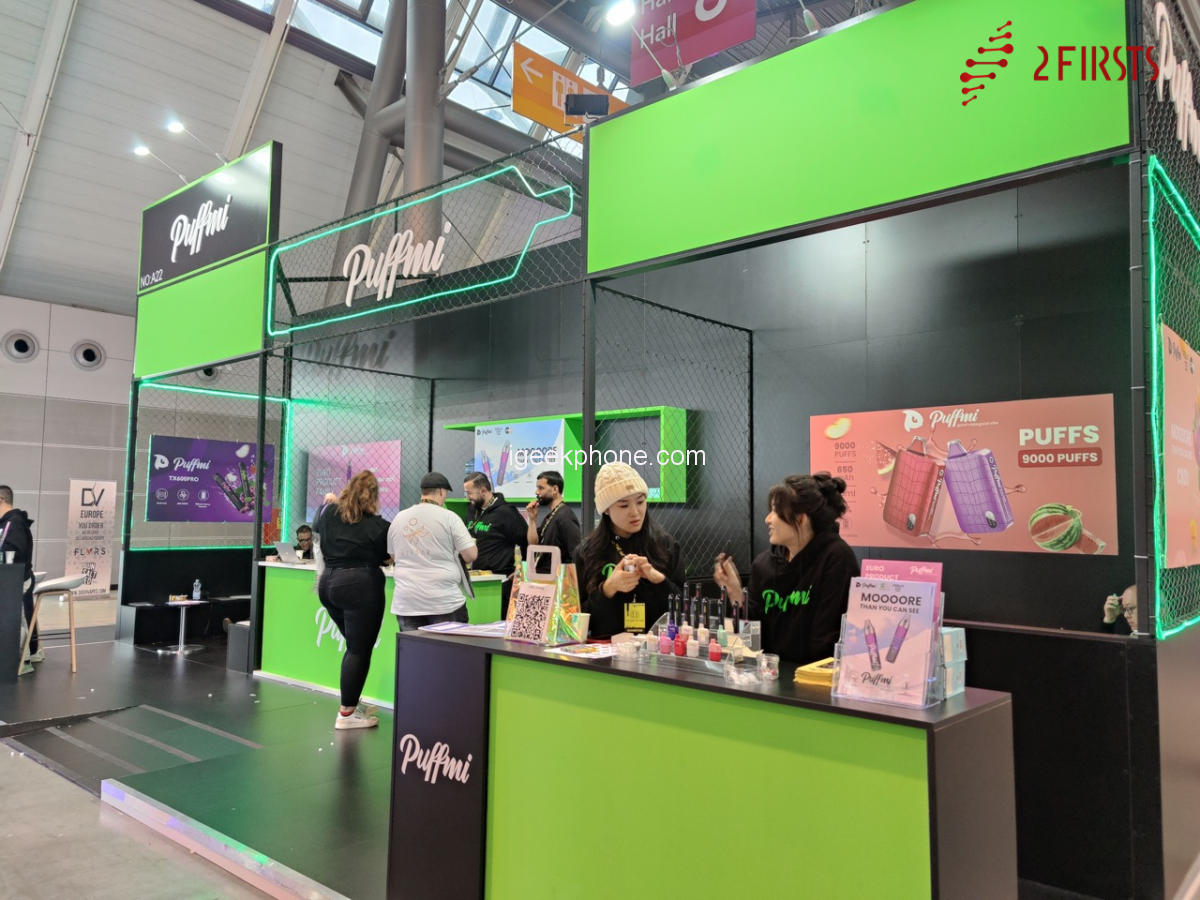Puffmi, a prominent e-cigarette brand, emphasizes the significance of compliance and strict adherence to regulations in the German e-cigarette market, according to an exclusive interview conducted by 2FIRSTS with Puffmi’s founder, Xiao Ling, at The Hall of Vape e-cigarette exhibition in Germany.
During the interview, Xiao Ling consistently highlighted the importance of compliance and strict regulations in the German market. Puffmi’s journey in the German market began with the challenge of navigating the lengthy approval process of the Tobacco Products Directive (TPD). It was only at the beginning of this year that Puffmi’s products were officially available in the German market. The German government has become increasingly stringent with e-cigarette regulations, particularly focusing on e-cigarettes, e-liquid product tax labels, and child protection.
Xiao Ling acknowledged the swift implementation of policies by German government departments, which creates a high entry barrier for brands looking to enter the German market. He emphasized the strict supervision of taxation as his most profound impression. Germany started taxing e-cigarette e-liquids in February 2023, with the tax rate set to increase over the coming years. This taxation policy reflects Germany’s approach to e-cigarette tax supervision and is expected to lead to a significant increase in the retail price of e-cigarettes.
Comparing the German and British markets, Puffmi has a presence in both, and Xiao Ling noted the similarities in their movement toward compliance. However, he pointed out that the UK market has seen earlier entry by domestic e-cigarette manufacturers, resulting in more intense competition and market dynamics compared to Germany. Despite this, both the UK and Germany are considered crucial e-cigarette markets in Europe.
The European market has witnessed an increasing number of manufacturers entering the zero-nicotine e-cigarette market in response to stricter regulations. However, Xiao Ling believes that the demand for zero-nicotine products is currently not significant. He suggests that manufacturers should focus on developing technologies for these products and foster early collaborations to prepare for potential future demand.
Addressing environmental concerns, Xiao Ling recognizes the criticism faced by disposable e-cigarettes in terms of their negative impact on the environment. He emphasizes the need for the industry to prioritize environmental protection while ensuring profitability. This can be achieved by selecting environmentally friendly and easily processed materials for e-cigarette manufacturing and implementing recycling programs. Puffmi is committed to developing a recycling plan as part of its dedication to social and environmental well-being.
In conclusion, Xiao Ling’s insights underscore the importance of compliance and strict adherence to regulations in the German e-cigarette market. As the industry faces evolving challenges and regulations, companies like Puffmi must prioritize compliance, navigate tax supervision, and address environmental concerns to thrive in the competitive European e-cigarette market.









